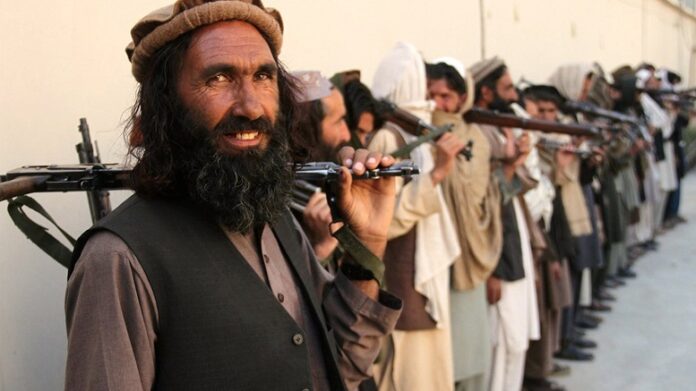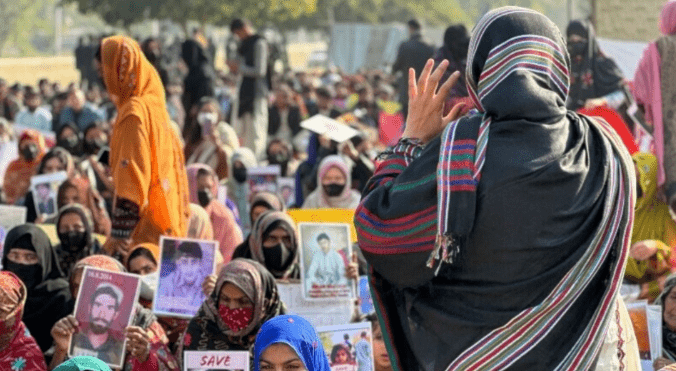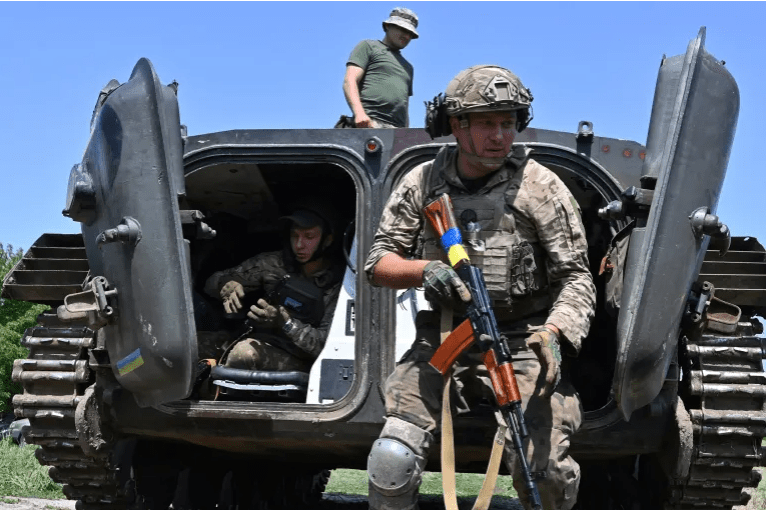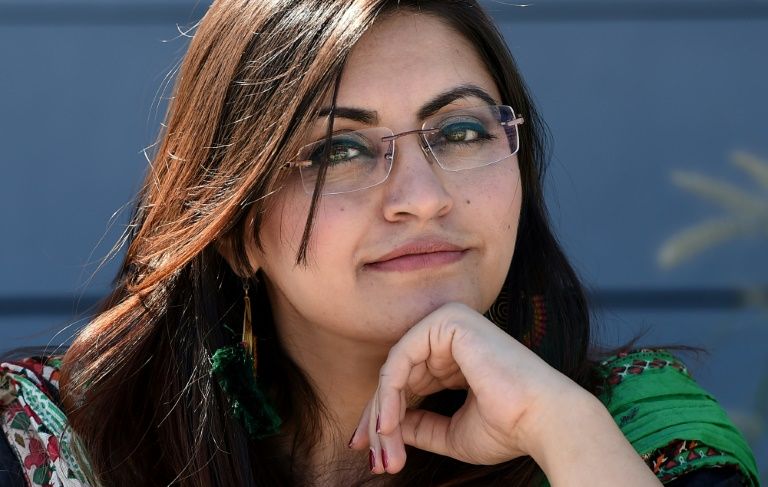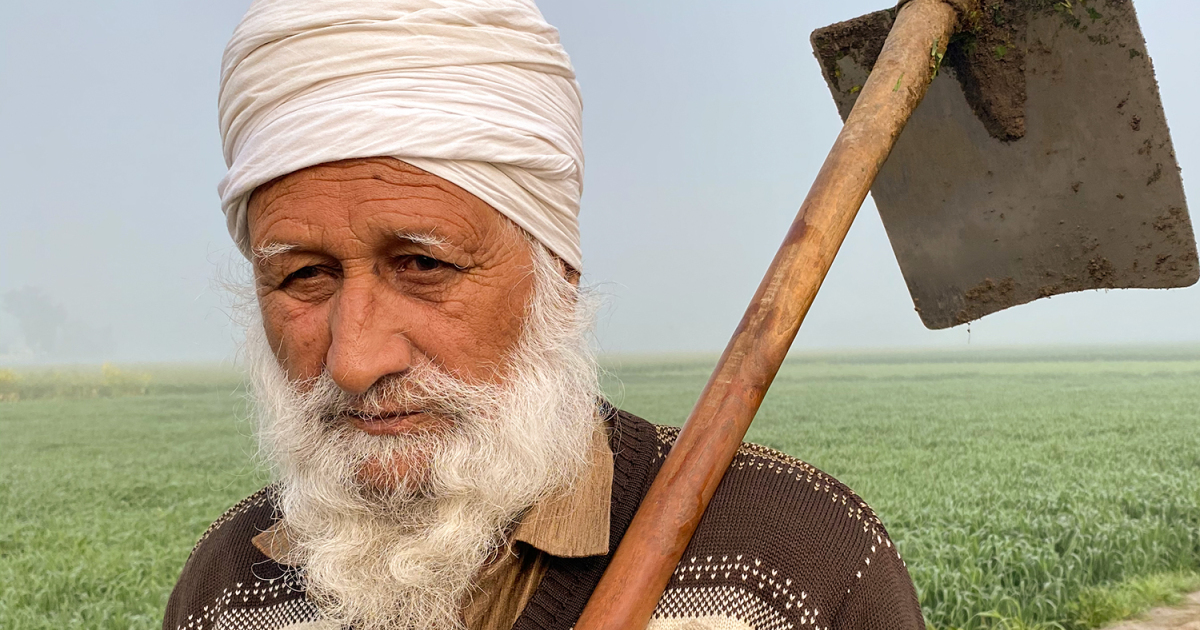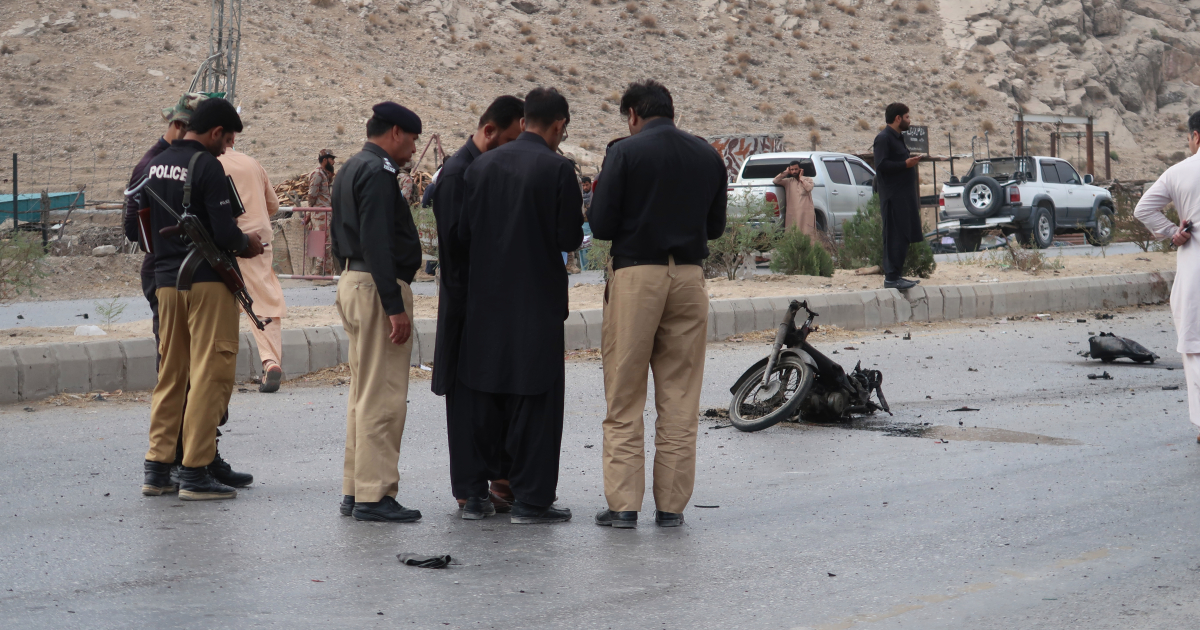Of the several instruments deployed by the Pakistan Army to engineer the outcome of the February 8 elections, the most potent one is Tehreek-e-Labbaik Pakistan (TLP), a rabidly anti-minority Barelvi militant group which has been thriving on blasphemy.
During the last elections in 2018, the group played a key role for the army by winning a significant percentage of votes, mainly in Punjab, decisively cutting into the traditional vote bank of Nawaz Sharif’s PMLN. TLP bagged 4.1 percent of the total valid vote–nearly 2.2 million votes, mostly from Punjab and Karachi– polled in the elections, which means that the party got every 25th polled vote in the National Assembly elections. The party candidates were the runner-ups on three national seats in Karachi and were ranked third in 69 other constituencies — nine in Karachi, one in Khairpur, Sindh, 58 across Punjab and one in Haripur, KP. This was surprising for a relatively new party.
The most significant victory for TLP came in Punjab. In terms of votes, four out of every five votes polled by the party came from Punjab alone. Karachi was to prove to be the other major electoral support base for the party.
This time around, TLP is the third major party in terms of candidates fielded across the country. The party will contest in 226 out of 264 National Assembly seats. In the Punjab Assembly, TLP candidates will vie for votes in 295 out of 297 seats. In the Sindh Assembly, its candidates will contest elections on the party’s ticket for 120 out of 130 seats. In Khyber-Pakhtunkhwa, the party’s candidates are contesting in 50 out of 115 provincial seats, while in Balochistan, they are contesting for 22 out of 51 seats.
Thus TLP is being positioned as a strategic instrument to ensure that neither PMLN and PPP can corner significant seats in Punjab and Sindh. The party was used to hoist Imran Khan and his PTI to Islamabad in 2018. It was then Nawaz Sharif who had to be shunted out. The PMLN lost about 15 closely contested seats across Pakistan because of TLP. This time it is the other way around.
Imran Khan has been fixed right and proper and his party dismantled after the May 9 mutinous riots. If TLP manages to maintain or improve upon its 2018 result, it can play a key role in the formation of the next government in Islamabad.
The army has given the Islamist party a useful handle to gather support among its vote bank–the prosecution of Imran Khan and his wife over marital issues related to religious edicts. Fighting for the implementation of controversial issues of blasphemy laws has been the group’s founding principles. The group came into being in 2015 during a protest campaign seeking the release of Mumtaz Qadri, a police constable who had assassinated the former governor of Punjab, Salman Taseer, in 2011 over his calls to reform the blasphemy laws. After Qadri was executed, the group founded a political party at his funeral in 2016, which was attended by thousands of people.
Although it is widely believed that the Pakistan Army and its intelligence agencies are actively supporting the group, like the 2018 elections, TLP no longer has the advantages it enjoyed. The group was at the peak of its popularity due to the violent agitation that rocked the country. The Barelvi voters had come together to support the party. The party also played smart by selecting candidates who had significant voter support on their own. This support base has eroded since then because of the group’s leaning toward another, older extremist group, Sipaha-e-Saheba Pakistan (SSP). The most damaging event for TLP has been the death of its firebrand chief, Khadim Hussain Rizvi in November 2020. His son, Hafiz Saad Rizvi, is now the new chief of the party. His political acumen remains untested but three days of widespread protest across the country when he was arrested in 2021 could indicate his support among the Barelvis. Will the new TLP chief be able to create an outcome which his patrons in Rawalpindi are hoping to achieve?
